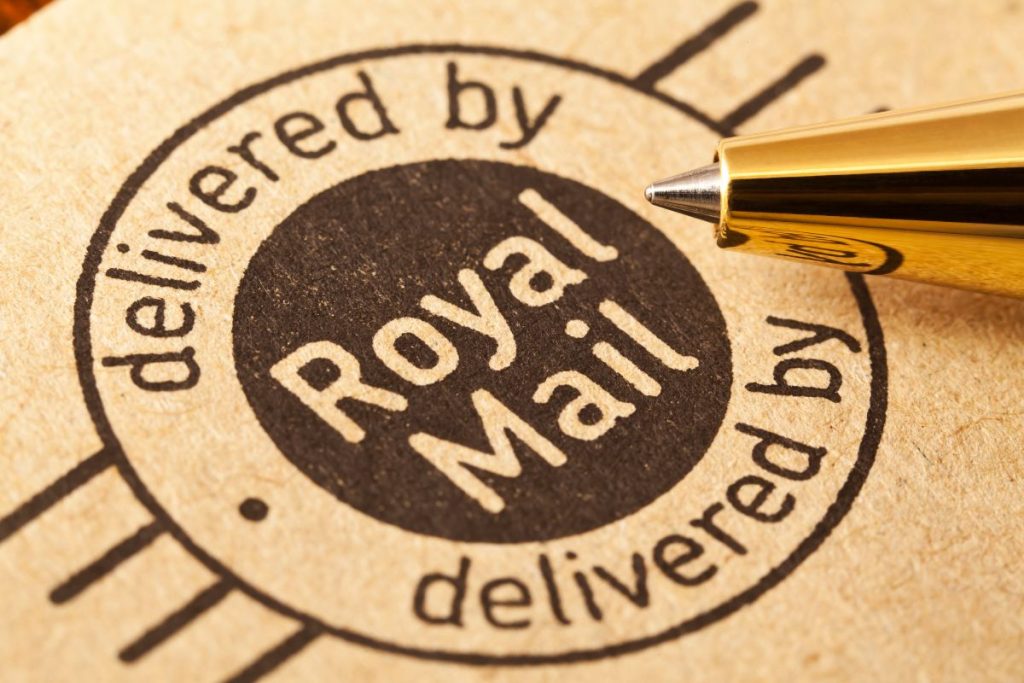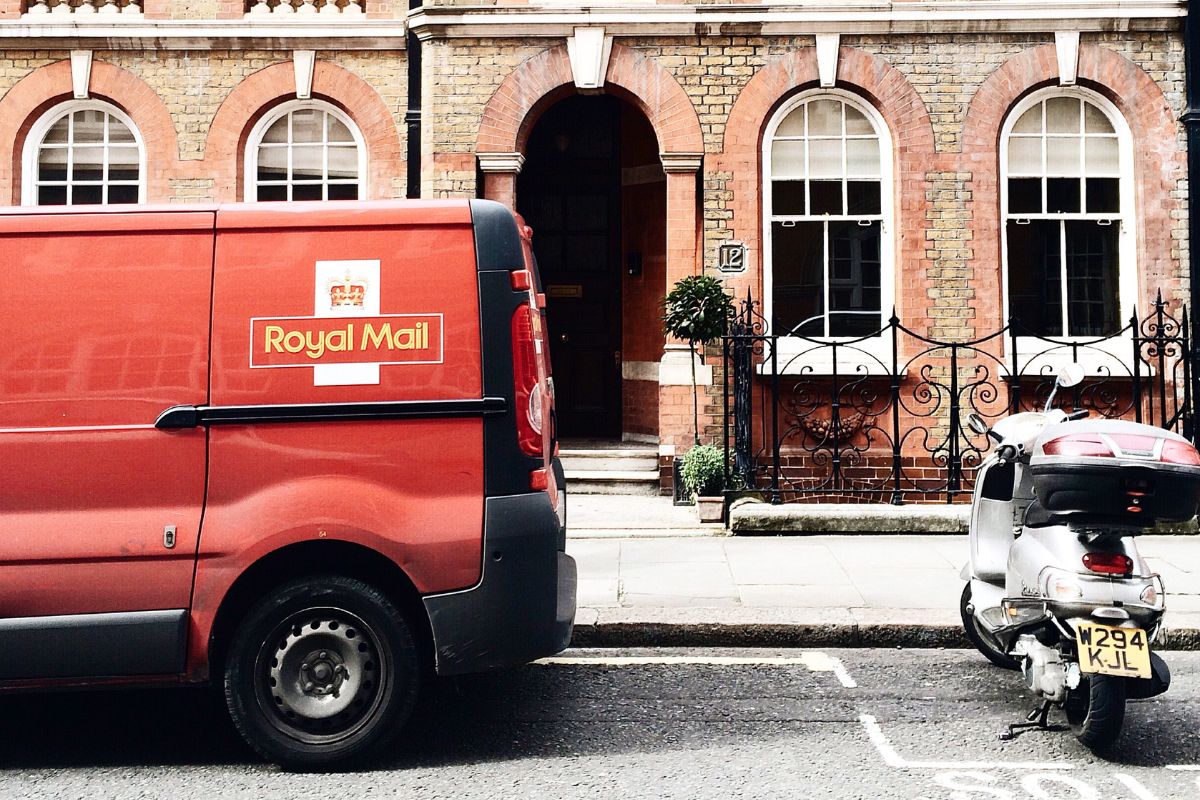Britain’s 508-year-old postal service, Royal Mail, will fall into foreign hands by the end of this month after Czech billionaire Daniel Kretinsky cleared the final regulatory hurdles for Royal Mail’s £3.6bn foreign takeover.
International Distribution Services (IDS), Royal Mail’s parent company, confirmed the deal “may become or be declared unconditional” by April 30th, marking the first time in history that the British postal institution will be under overseas ownership.
But while Business Secretary Jonathan Reynolds has waved through the sale, describing Kretinsky as a “legitimate businessman,” financial experts and industry watchers are raising serious concerns about what happens next – especially after Kretinsky’s other postal venture in the Netherlands revealed its business model is “no longer sustainable.”
The Five Billion Pound Question
Kretinsky’s takeover comes with a hefty price tag – not just for him, but potentially for the future of Royal Mail itself. The deal is being financed by £3 billion of new high-cost debt, which will be piled on top of the £2 billion of loans already sitting on IDS’s balance sheet.
That’s a whopping £5 billion debt mountain that will require enormous interest payments each year, potentially draining resources that could otherwise be invested in the postal service itself.
“This has disaster written all over it,” warned financial commentator Alex Brummer in a recent column for This Is Money. “One only must read across to Thames Water and Asda to know that leads down the road to destruction.”
The Dutch Warning Signal
If you’re looking for clues about what might happen next, look no further than PostNL, the Dutch postal service where Kretinsky already owns a 30% stake.
In February, PostNL warned investors that its current business model is “no longer sustainable” amid declining mail volumes and increasing competition – problems remarkably similar to those faced by Royal Mail.
The Dutch company has been pleading for government financial support, recently requesting €68 million (£56 million) from Dutch ministers – a request that was flatly rejected.
This track record raises uncomfortable questions about what might happen if Royal Mail faces similar financial troubles under Kretinsky’s ownership.
The Asda Cautionary Tale
If you’re wondering what a debt-laden takeover looks like when it goes wrong, just pop down to your local Asda.
The supermarket chain has been in a tailspin since its 2020 acquisition by the Issa brothers and private equity firm TDR Capital – a deal that loaded the company with billions in debt.
The results have been catastrophic. Asda’s market share plummeted from 13.7% to 12.6% in a single year, with shoppers complaining of empty shelves and declining quality. The company was forced to cut staff hours to save costs, which only accelerated its downward spiral.
“We had a financial plan but we didn’t have a business plan. There’s a big difference,” admitted Allan Leighton, Asda’s chairman, in a stark confession made in March. He also acknowledged that the company’s problems were “largely self-inflicted.”
Even Lord Rose, the former boss of Marks & Spencer who was brought in as Asda’s chairman, couldn’t hide his frustration: “I am going to be perfectly honest with you. I’ve been in this industry for a long time and I am slightly embarrassed. I won’t deny that.” he told the Telegraph.
The parallels with Royal Mail’s looming takeover are impossible to ignore.
Who is Daniel Kretinsky?
So who exactly is the man buying Britain’s postal service? Dubbed the “Czech Sphinx” for his inscrutable business manner, 49-year-old Kretinsky has built a $9.5 billion fortune primarily through energy investments in Central Europe.
His EPH group employs more than 25,000 people and has interests in electricity, gas storage, and transmission. He’s already familiar to some Brits as the co-owner of West Ham United football club and as a significant shareholder in Sainsbury’s.
But it’s his involvement with PostNL that should raise eyebrows. As the Dutch postal service struggles, Kretinsky has shown little appetite for pouring in his own capital to prop up the business.

Service Cuts Already on the Horizon
Even before the takeover completes, postal customers can expect significant changes to Royal Mail’s service.
Regulator Ofcom has proposed reducing second-class mail deliveries to just twice a week, while maintaining a more expensive first-class service. This could generate up to £400 million in extra income for Royal Mail – making it a more attractive asset for its new owner.
The UK government has extracted pledges from Kretinsky about maintaining the Universal Service Obligation (USO) – the guarantee to deliver to every address in the UK for a uniform price. It will also retain a “golden share” in the company, giving it veto power over changes to ownership or headquarters location.
But with recent experiences like Thames Water – which has been plundered by financial investors while service standards collapsed – these promises provide little comfort.
The Asset-Stripping Playbook
Financial experts fear what might come next. The scenario described by critics is grimly familiar: Royal Mail properties sold off to raise cash, the valuable European parcels arm GLS potentially hived off or merged with other businesses, and the core postal service left struggling with reduced investment.
This wouldn’t be the first time we’ve seen this pattern with highly-leveraged buyouts.
The enormous debt burden typically forces new owners to find quick sources of cash, leading to the sale of valuable assets that might otherwise support the long-term health of the business.
Workers often bear the brunt through reduced hours and wages, while customers face deteriorating service standards as the focus shifts from operations to finance.
For Royal Mail, the most valuable assets include its extensive property portfolio and the profitable GLS parcels business that operates across Europe.
Once stripped away, what remains could be a hollowed-out service struggling to meet even the reduced delivery obligations being proposed by Ofcom.
A National Asset Sold Off
The takeover means Royal Mail will be controlled by an overseas owner for the first time in its history, which dates back to 1516 under Henry VIII. For a service that still plays a crucial role in the nation’s communications infrastructure, despite declining letter volumes, this represents a significant shift.
Critics argue that postal services, like water utilities, should be treated as essential national infrastructure rather than investment vehicles to be loaded with debt and squeezed for profit.
As the deal nears completion, the question remains: will we be looking back at this moment in a few years’ time as another Thames Water in the making – a debt-laden essential service struggling to fulfill its basic functions?
For now, Royal Mail customers can only wait and see if their parcels will be delivered as reliably under new ownership as they were before – though if you’re using Evri for delivery, you might not notice much difference either way.
Search for more information on essential services and delivery companies in our couriers section or check our retailer guides to see which delivery companies your favourite shops are using.




